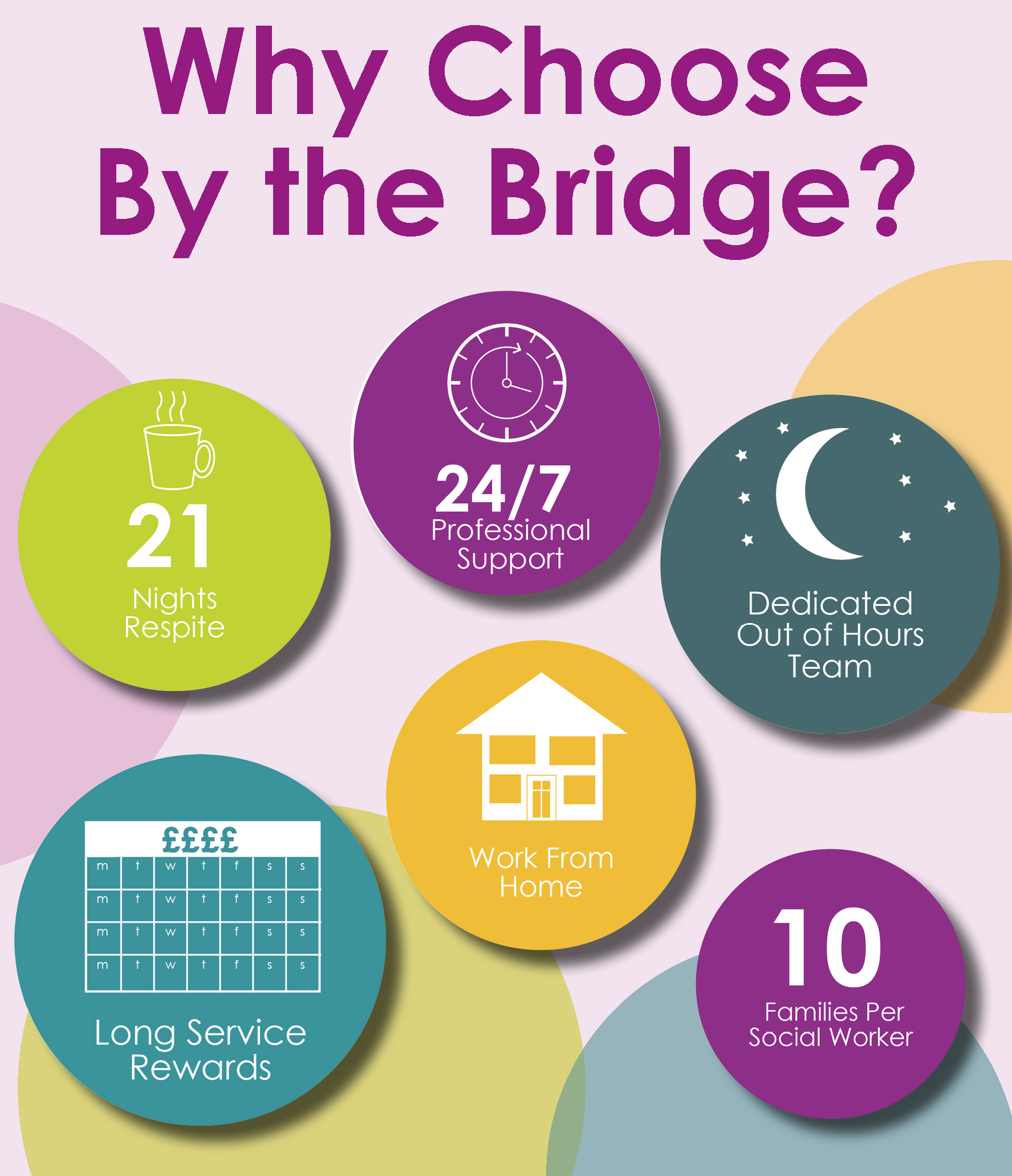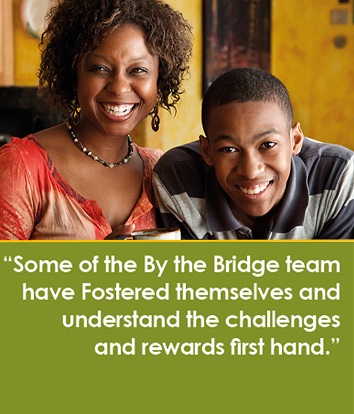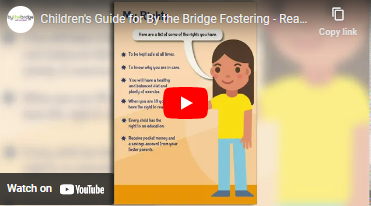What makes By the Bridge so special: our Therapeutic Training; 24x7 Support; and Benefits & Allowances.
Find out moreWhat are the different types of Fostering
There are many different types of Fostering:
Short-term Fostering
Short-term Fostering can mean anything from one night to one year and is typically a temporary Fostering solution while a long-term, permanent arrangement can be made - this could be a long-term Fostering family or adoption.
Long-term Fostering
Sometimes a child or young person may not be able to return home to be cared for by their own family so a long-term Foster family is selected where they can feel safe and secure, long term - this may a few years or even until a child becomes an adult and moves on to independent living.
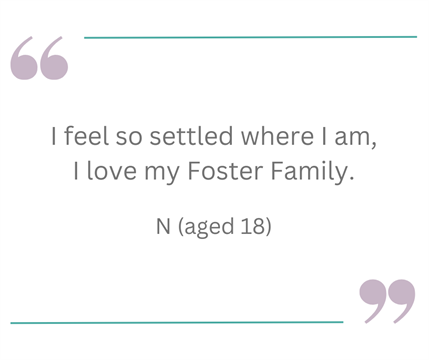
Respite
All By the Bridge Foster Parents are offered 21 nights paid ‘Respite’ for each child who they look after, every year. But what does ‘Respite’ mean and who provides the Care for the young person during this time?
Respite Fostering is when one Foster family temporarily looks after another Foster Parent’s Foster child or young person. Whether it’s a weekend break or a longer holiday, ‘Respite’ gives young people and their Foster families a chance to take a little break from their normal routine.
Respite Care is provided by local Foster Parents who have been subject to the same rigorous assessment process as all Foster Carers. Respite Fostering allows you to commit to shorter, less regular periods of Fostering, with more frequent, longer breaks between placements. This does mean that you can still Foster even if your work or family commitments make it difficult to Foster full time. Find out more >>
Emergency Fostering
Sometimes children need a safe home and Foster family urgently or in an emergency situation, so is often unplanned and at short notice.
Emergency arrangements tend to be very short-term and generally do not exceed 14 days but Foster Parents approved to look after children on an Emergency Care basis need to be prepared to welcome a child at very short notice, and sometimes at night. This also means that a child may arrive without any personal belongings so Foster Parents should be prepared to provide the essentials and help the child to deal with a traumatic upheaval.
Could you provide a safe and nurturing home to a vulnerable child or young person at short notice? If so, emergency Fostering could be for you. Find out more >>
Fostering asylum-seeking children
Some children who may need to be looked after are seeking asylum having been separated from their families following a traumatic experience. Often these children will have little or no English and will be frightened, arriving in a new country completely alone with no real idea of why they are here of what will happen to them. A Foster family can help them to feel secure whilst they are taken through the asylum application process.
Parent & Child Fostering
Parent & Child Fostering is a specialist type of Fostering, requiring additional specialist training, where a vulnerable parent and their young child (usually no older than 24 months) are able to live with a Foster family where they can be supported to learn how to properly care for and parent their child. Parent & Child Foster Parents are required to offer the usual support and mentorship for the young person but may also be required to prepare specific reports for Court.
NB New families will require additional specialist training, ahead of Panel, in order to support parent and child placements.
Fostering children with disabilities or additional needs
Some children who need Foster care may have a physical or sensory disability, special educational needs or present on the Autistic spectrum. Because of the more complex care that may be required, this type of Fostering is also classified as specialist and subject to additional fees and allowances. Parents and Carers of children with complex or additional needs often possess many of the skills needed to Foster children with similar needs.
Remand
Remand Fostering requires a Foster family to care for a young person who has been remanded by the courts. Remand Fostering is usually short-term and requires Foster Parents to work closely with the Young Offending Team in order to help the young person achieve the best outcome.
Fostering Siblings
In addition to all the different types of Fostering mentioned above, we are always looking for Foster families with enough room to Foster siblings - under short-term and long-term arrangements. It's important for siblings to stay together, whenever possible - for vulnerable children coming into care, often the only support network they have experienced comes from their brothers or sisters - so we always do everything we can to keep siblings together. So if you have more than one spare bedroom, please let us know if you would consider Fostering siblings when you get in touch.
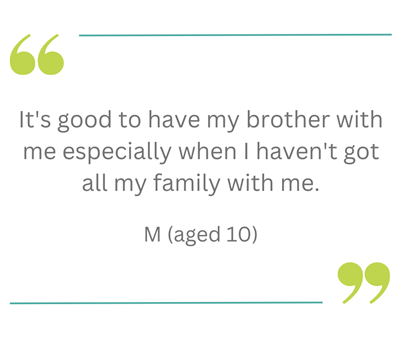
(NB transferring families will need to evidence experience and training as part of the assessment process.)













